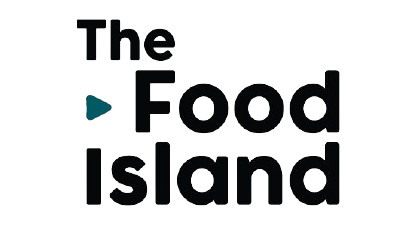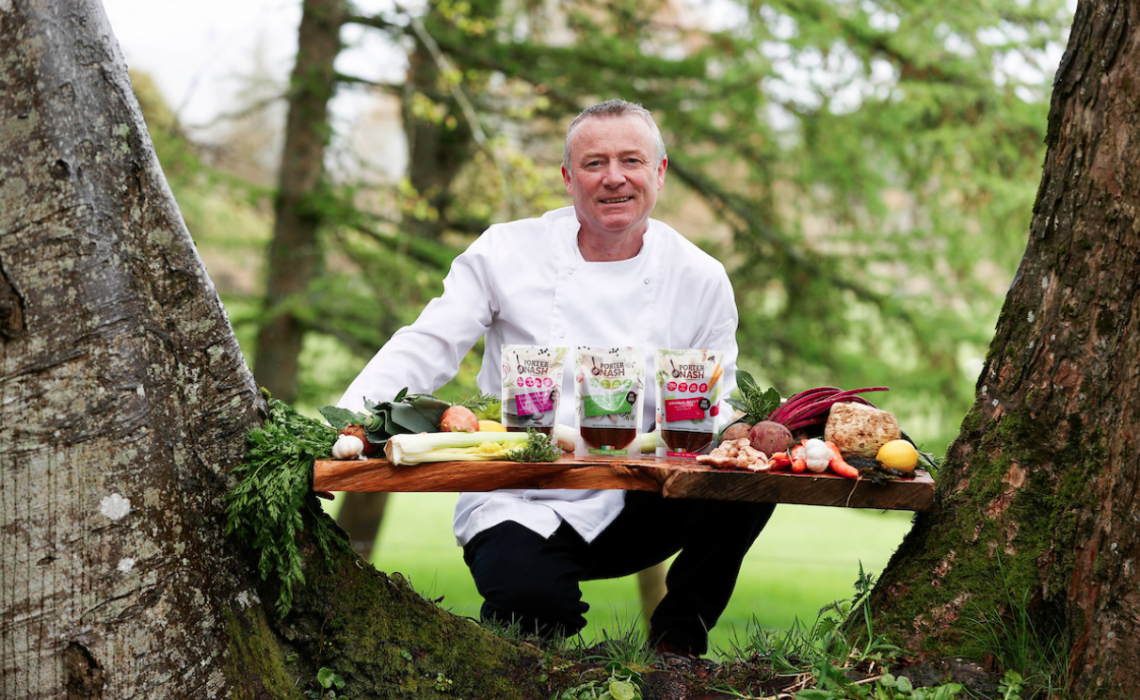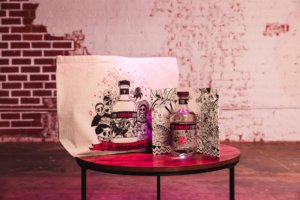Hand harvesting sea vegetables along the west coast of Ireland has been performed by small family run producers for decades, but recently a notable decline in young people willing to engage in this type of work could damage the industry.
Marine vegetables, algae or seaweed are plants that survive and grow in coastal areas. Historically they were broken down into three main categories – brown, green and red, based on their pigmentation. Broadly speaking, they are physically defined as plant-like organisims that generally live attached to rocks in coastal areas. More recently they are becoming better understood – they differ considerably in terms of composition, and are actually classed in different kingdoms.
Previously referred to as seaweed, the term marine or sea vegetables is now becoming more commonplace as producers and consumers begin to understand the differences between all the different types of vegetables to be found underwater.
Sea vegetables have been used in Irish cuisine for centuries. During the famine years more people would have perished of hunger and malnutrition where it not for the use of sea vegetables in their diet.
Sea vegetables are used in many industries including food, horticulture, animal feed, cosmetics and pharmaceutical. These days sea vegetables are underutilised in the food industry, which is unusual considering they are equal and in some cases more nutrient dense than land vegetables – containing protein, fibre, carbohydrate, potassium, iron, calcium, magnesium, iodine, sodium, folate and both water and fat soluble vitamins including A,B,C,E and B6.
The brown sea vegetable kombu kelp is plentiful along the Wild Atlantic Way, which itself boasts some of the cleanest waters in the world for the growth of kelp.
Porter and Nash use kombu kelp hand harvested in the west of Ireland in their recipes to create their plant-based gravy and sauce range. This adds an umami flavour to their products. In addition kombu kelp is a natural preservative through its anti-oxidant content, which helps Porter and Nash produce an ambient stable product.





